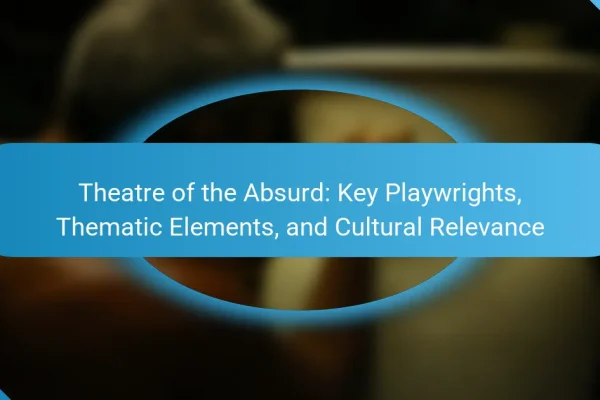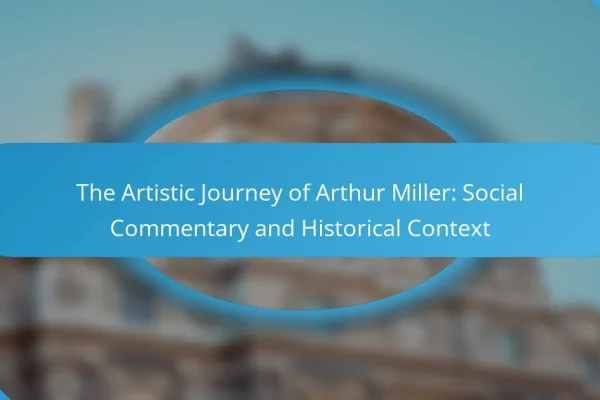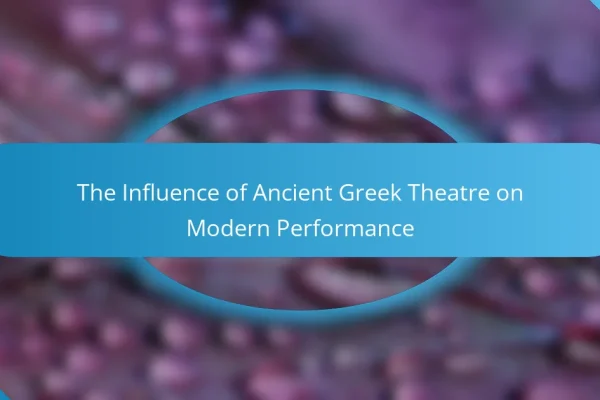
The Legacy of Absurdist Theatre: Key Works, Philosophical Underpinnings, and Performance Techniques
Absurdist Theatre is a genre that emerged in the mid-20th century, particularly after World War II, emphasizing the irrationality and meaninglessness of human existence. Key figures in this movement include Samuel Beckett and Eugène Ionesco, whose notable works such as “Waiting for Godot,” “The Bald Soprano,” and “Endgame” explore existential themes and the futility of…








